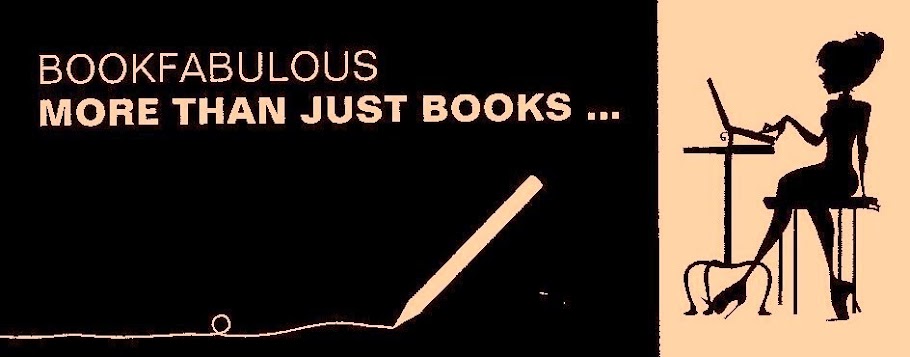Landed in London for the next two weeks and my long anticipated visit has coincided with glorious weather. And if there's one thing that should be on everybody's bucket list, it's to experience London on a sunny day. It's also Mother's Day here, Spring, and the hour is brought forward and everyone is happy!
Well, not everyone apparently. Reading yesterday's papers (another of my London joys) I became enlightened to the fact that there's been a ban on books for prisoners. On the face of it all, I am consumed with rage. It is a wrong and senseless decision and yet I did deliberate with my devilish self which I don't do when it comes to the subject matter of reading. So, Chris Grayling you are good, very good!
Me: It's mad! Totally and utterly a rubbish decision. We've sunk to a new low.
The Devil In Me (TDIM): um, does make sense though, all those people in prison aren't there on holiday. They are bad people who've done bad things and are being punished for it. Privileges are kept from children for far less misdemeanours.
Me: But reading is not a privilege, it is a basic human right. From the first hour we teach our children to talk and walk, and once they've mastered that what do we do? we tell them to sit down and shut up. If they don't read, how else will they keep busy?
TDIM: You've strayed (again!). We're talking about prisoners here, not children!
Me: Actually, it's very relevant. We've told prisoners to shut up, behave and get on with the rehabilitation program. There are a lot of hours in between all of that which reading could fill; An undertaking proven to support prison rehabilitation programs, teaching things like empathy, compassion, redemption.
TDIM: Oh redemption. Hold on! 'Shawshank Redemption' that's the film Grayling was watching the night before he came up with his new law. Soon, he'll be banning spoons. Just you wait. Jokes aside, though, what could possibly be the harm of a book ban on prisoners? Most have the reading ability of 11-year-olds anyway. I don't think they'll particularly miss them.
Me: Exactly my point. Prisoners have a lot of time on their hands with nowhere to go. Wouldn't that be the best time to skill them in the art of reading? It doesn't have to be some literary masterpiece but many a life has been 'saved' by a book. Reading widens the horizons, presents options, and enlightens the mind. We are better people when we read. Also, this book ban is an opportunity missed for Grayling.
TDIM: How So?
Me: Why, some prisoners might consider having a book shoved into their hands and then being forced to actually read it a form of torture. So it's a win-win situation; he lifts the ban and does the complete opposite by assigning a reading list obligatory for each prisoner to complete before they are to be released back into society.
TDIM: Regardless your views on Grayling, he is quite clever and one step ahead of the entire prison system. He has foreseen a problem and nipped it in the bud. Chris Grayling is one step ahead of everybody.
Me: How so?
TDIM: Well, didn't someone once say 'Reading set me free'? - not really material you want prisoners getting their hands on. Funny ideas and all that.
Me: Oh, so we're doing quotes now? Here's one then: 'You don't have to burn books to destroy a culture. Just get people to stop reading them'.


.JPG)







.JPG)
.JPG)

